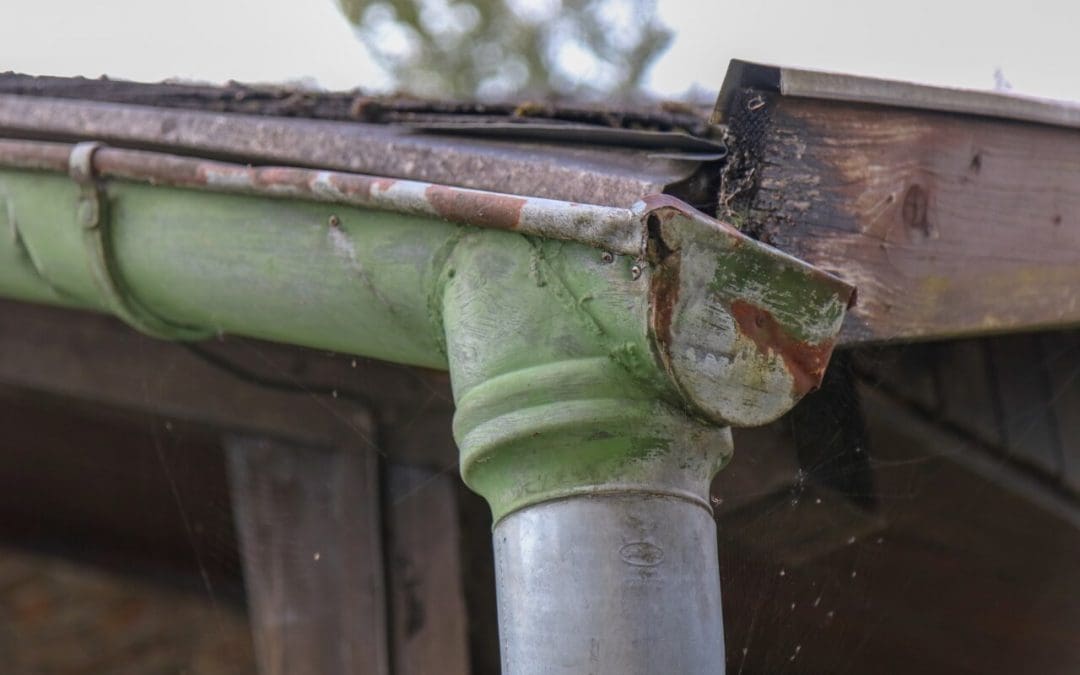Moisture in the basement can lead to mold growth, insect infestations, and unpleasant odors. Damp basements are common, but there is plenty you can do to prevent this from happening in your house. Here are a few ways to keep your basement dry all year long.
Clean the Gutters
Gutters direct rainwater off the roof and away from your home’s foundation. When they become clogged with debris, water may spill over the edge of your gutters, pool near the foundation, and eventually seep into your basement.
To keep your gutters flowing freely, clean them at least twice a year. If you’re not comfortable climbing a ladder, hire a gutter cleaning service. Make repairs or replace broken, rusting, or leaking gutters as soon as possible.
Insulate the Plumbing Pipes to Keep Your Basement Dry
Cold water pipes accumulate condensation when it’s warm outside. In the winter, pipes without insulation are more likely to freeze and burst, leading to a wet basement. Purchase pipe insulation at your local home improvement stores and install it on exposed pipes, especially those that run along exterior walls. Insulate both the cold and hot water pipes.
Install a Dehumidifier in Your Basement
Portable dehumidifiers are relatively affordable. Plug this appliance into any outlet, and it will remove moisture from the basement air. Some models collect the water into a tank, which you’ll have to empty regularly. Other versions have a hose that sends the moisture straight into a drain. Either type will help keep your basement dry, preventing mold growth and insect problems.
Test Your Sump Pump
The sump pump collects water and pumps it out of the basement after a storm or flood. Every couple of months, test the sump pump by dumping a bucket of water into the pit. Contact a plumber or appliance repair company if the pump does not promptly turn on. Make sure the sump pump has a backup battery so it will continue to work during a power outage.
Keep Your Basement Dry by Waterproofing the Walls
If your foundation walls have cracks or gaps and are letting water seep in, have a foundation repair expert take a look. Serious cracks need to be repaired or filled with concrete, but minor cracks will generally stop leaking if you paint the basement walls and floors with a waterproof sealant. Read the instructions to make sure you apply it correctly. You may need to apply two coats.
Use Charcoal
Charcoal absorbs small amounts of moisture from the air. A cheap way to maintain a dry basement is to keep a bucket of charcoal downstairs. Change the charcoal out every few months so it continues to absorb moisture and reduce humidity. Charcoal is an excellent supplemental step when your dehumidifier can’t keep up.
A dry basement is better to use for storage or everyday living. Follow the tips above, and you’ll be able to keep the lower floor dry and free from mold.
Inspect It Neil offers home inspections to customers in New Jersey. If you’re buying or selling a home, contact us to request an appointment.

